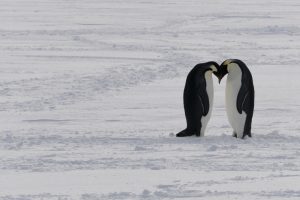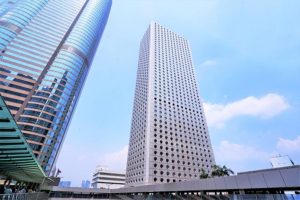Qantas says it is installing energy-efficient LED lights in all operational areas as part of a package of new initiatives to reduce carbon emissions launched on World Environment Day.
The use of LED lights at airports, hangars, ramp areas, warehouses and flight simulators across Australia would reduce energy consumption by more than 13 million kilowatt hours and represented a $2 million saving per year, Qantas head of environment Alan Milne said in a statement on Friday, World Environment Day.
The light replacement program was due to be completed in mid-2016.
Other measures included a new rubbish collection system for its domestic flights, where all recyclable waste such as aluminium cans, plastic and paper cups and bottles is separated on board the aircraft and disposed of as green waste. The airline said about 400 tonnes of recyclable waste would be diverted from landfill each year.
Qantas was also using lighter freight containers made from recycled material, which the airline said would lower fuel consumption by about 800 tonnes a year.
“We acknowledge aviation is a significant contributor of carbon emissions, which is why we are working hard to reduce our environmental impact in many ways including through fuel efficiency, conserving electricity and water, and reducing waste sent to landfill,” Milne said in a statement on Friday.
The airline also offset the carbon emissions of all domestic flights on Friday as part its contribution to World Environment Day.
“We’re currently replacing fluorescent tube lighting with energy efficient LED lights in our airports, hangars, ramp areas, warehouses and flight simulators nationally, which will reduce our energy consumption by more than 13 million kilowatt hours and save our business more than $2 million per year,” Mr Milne said.
“Today we have launched our revamped onboard recycling program on Qantas domestic services, which means that all recyclable waste on our Boeing 737 fleet and Airbus A330 aircraft will be separated onboard and then disposed of as green waste.
“This is something that our customers and crew have wanted us to offer and we’ll be asking our customers to ensure they separate their waste to make it easier for the crew to recycle,” Mr Milne said.
Qantas and its low-cost unit Jetstar introduced the option for passengers to pay a fee to offset the carbon emissions associated with their flight in 2007. The money is paid to community projects, both locally and overseas, which generate carbon credits.
To date, Qantas and Jetstar have offset about two million tonnes of carbon emissions, equivalent to planting 12 million trees, and Milne said it was the largest offset program of its kind in the world.
“We’re really proud to be setting the example in the aviation industry with our Fly Carbon Neutral Program and hope that by offsetting the emissions of all our domestic flights on World Environment Day we’ll raise awareness in the community about creating a more sustainable future,” Milne said.





